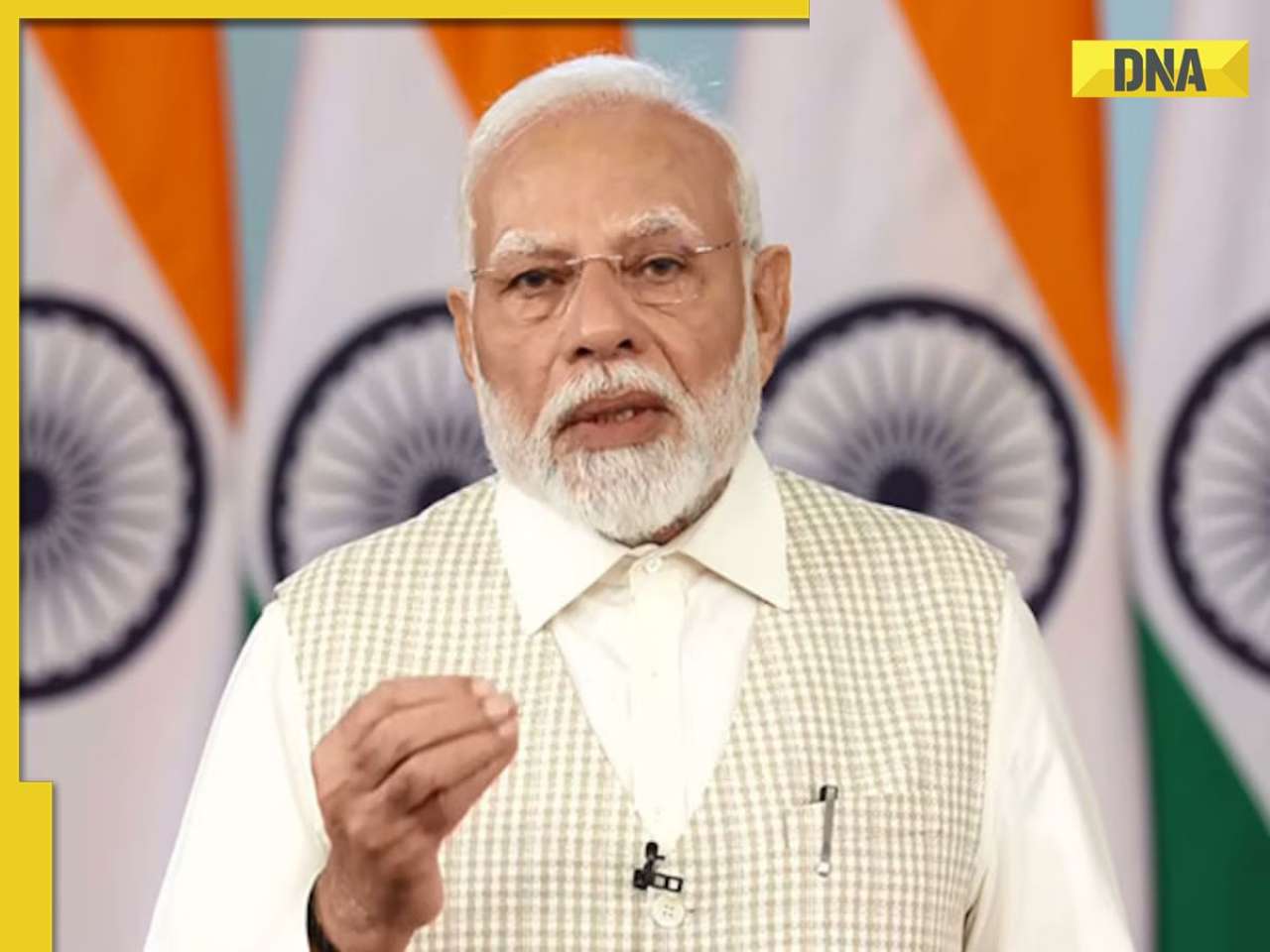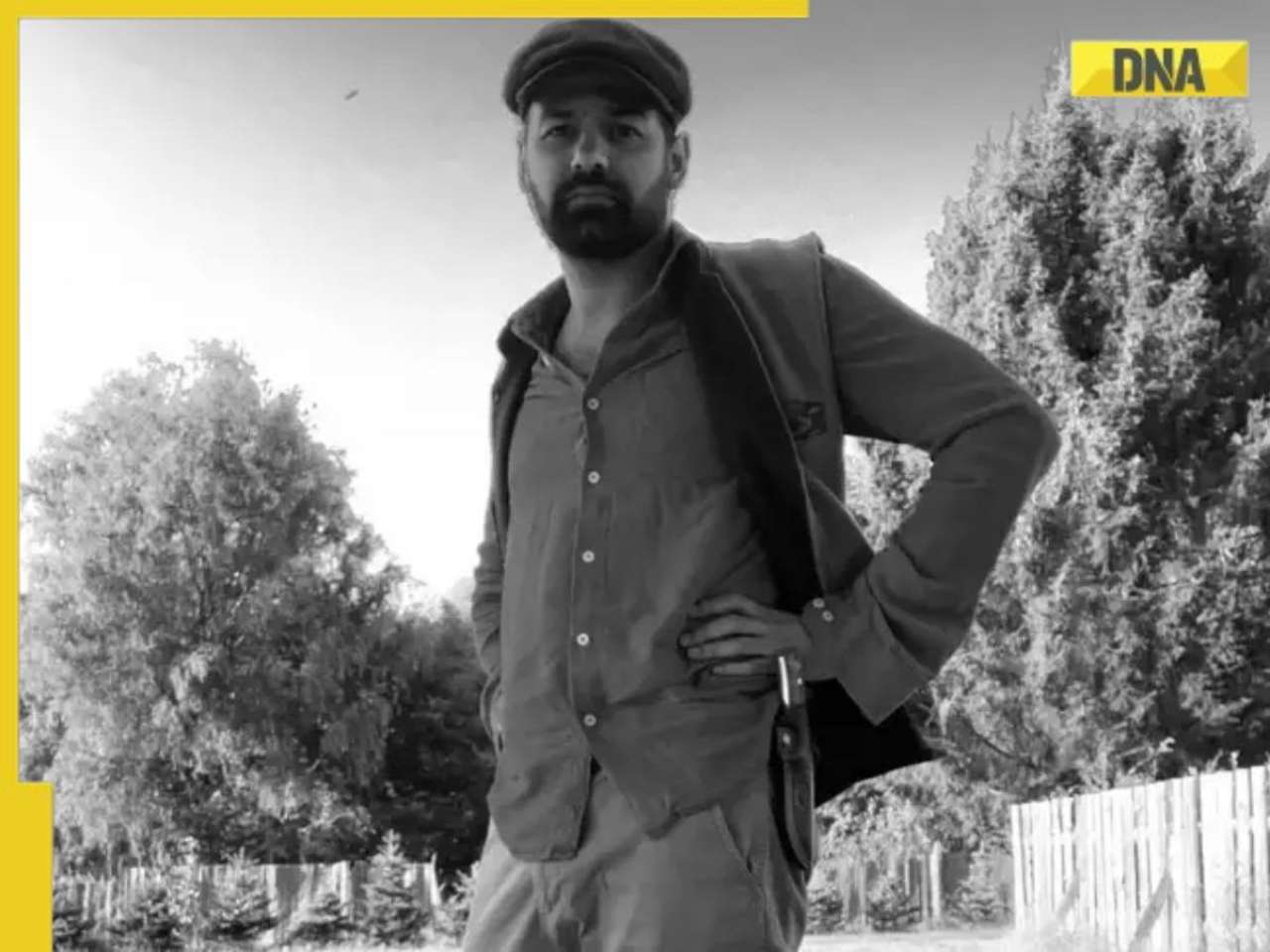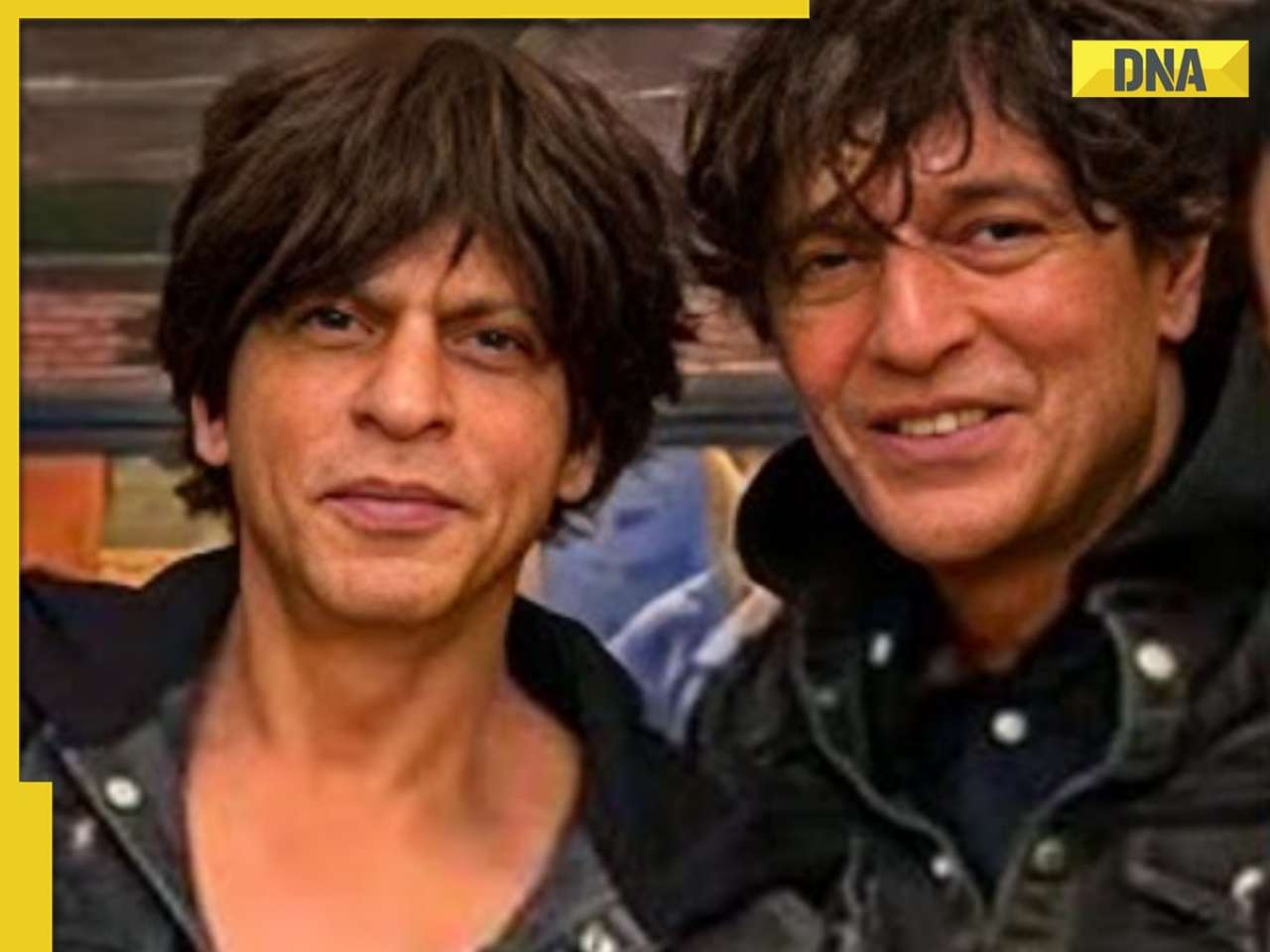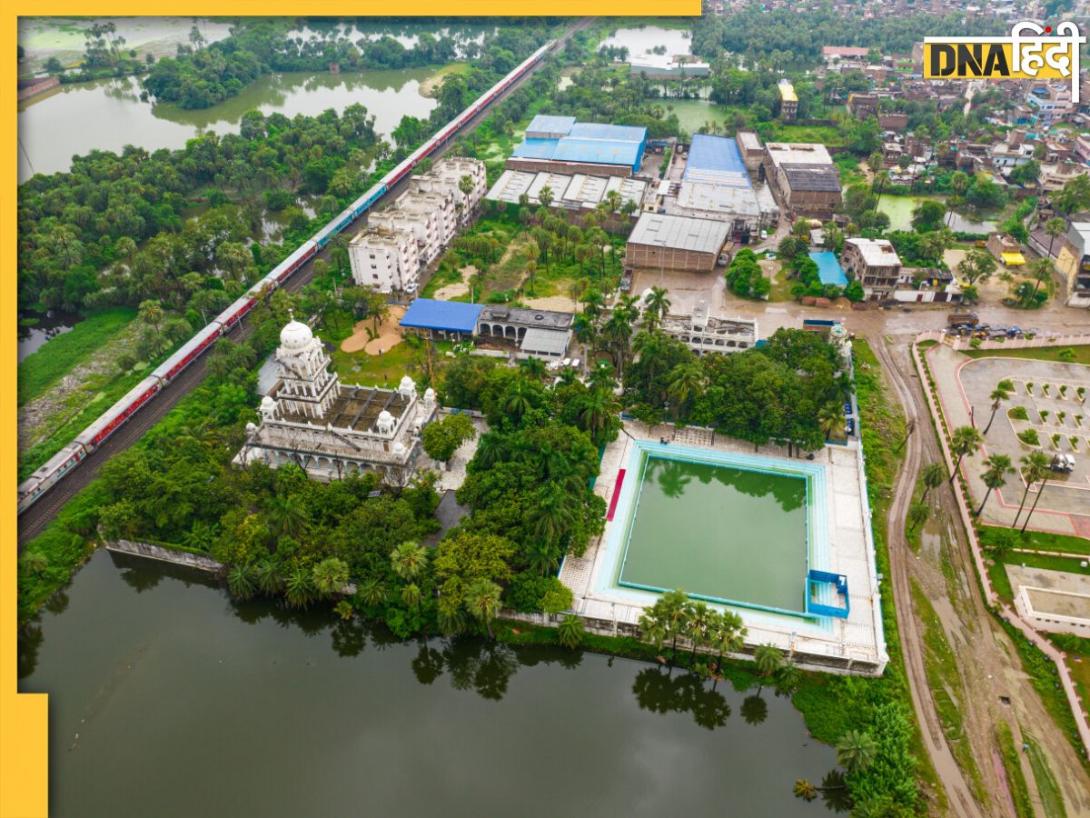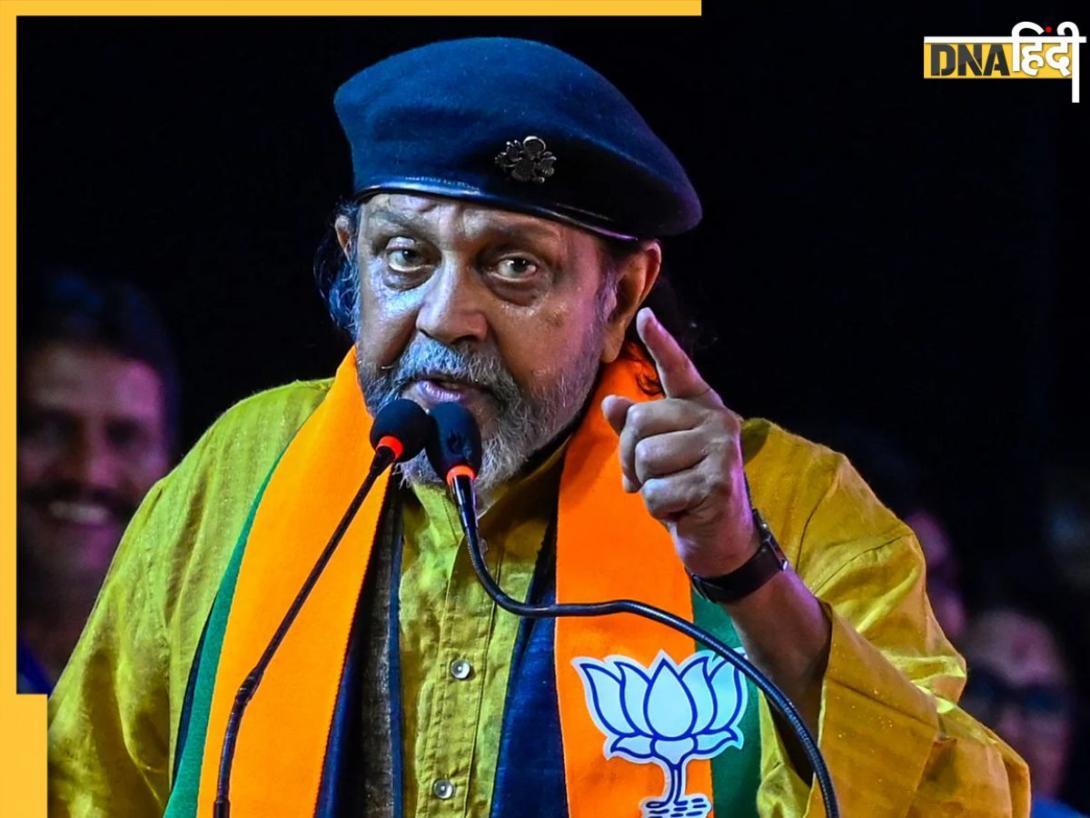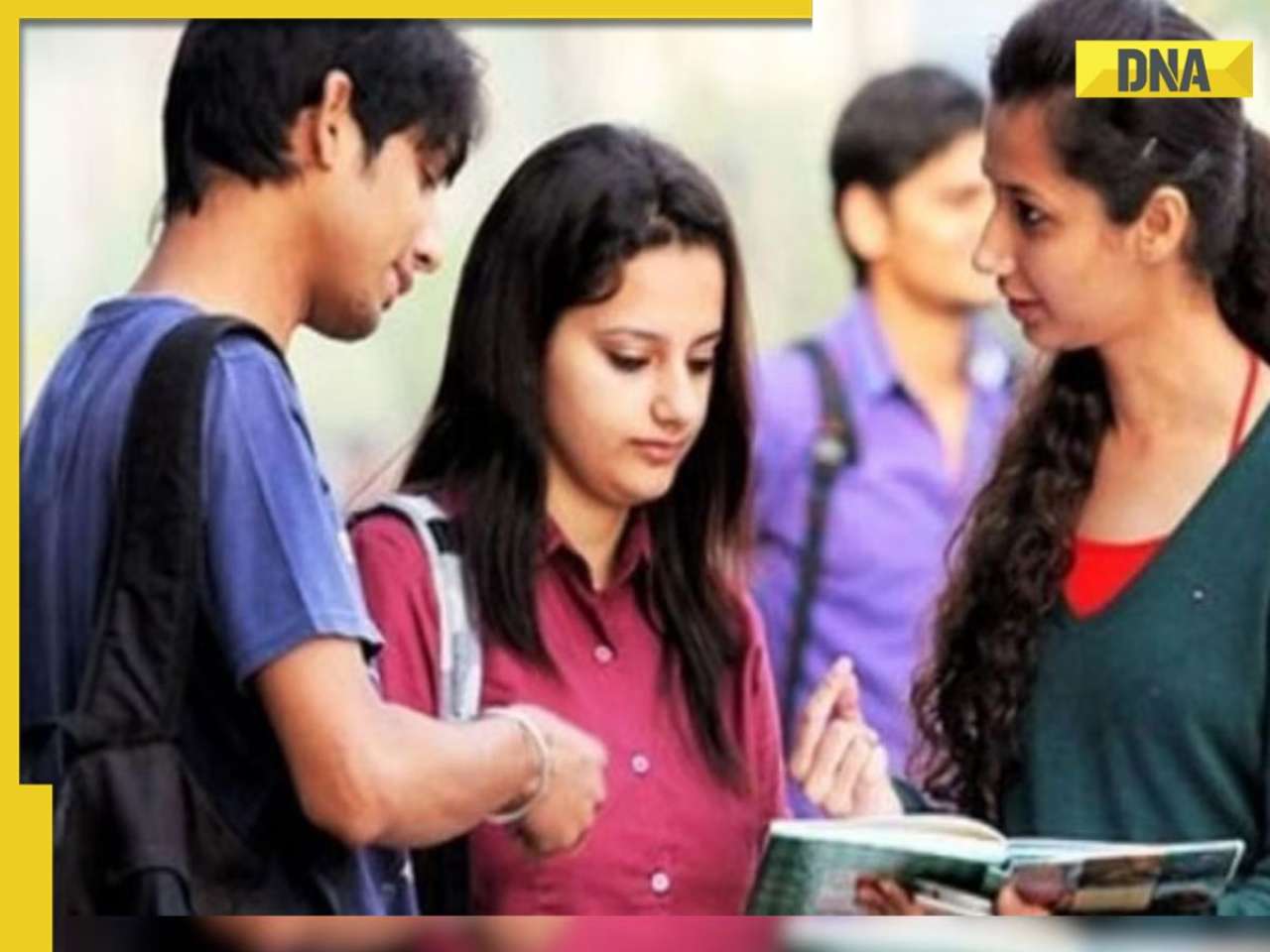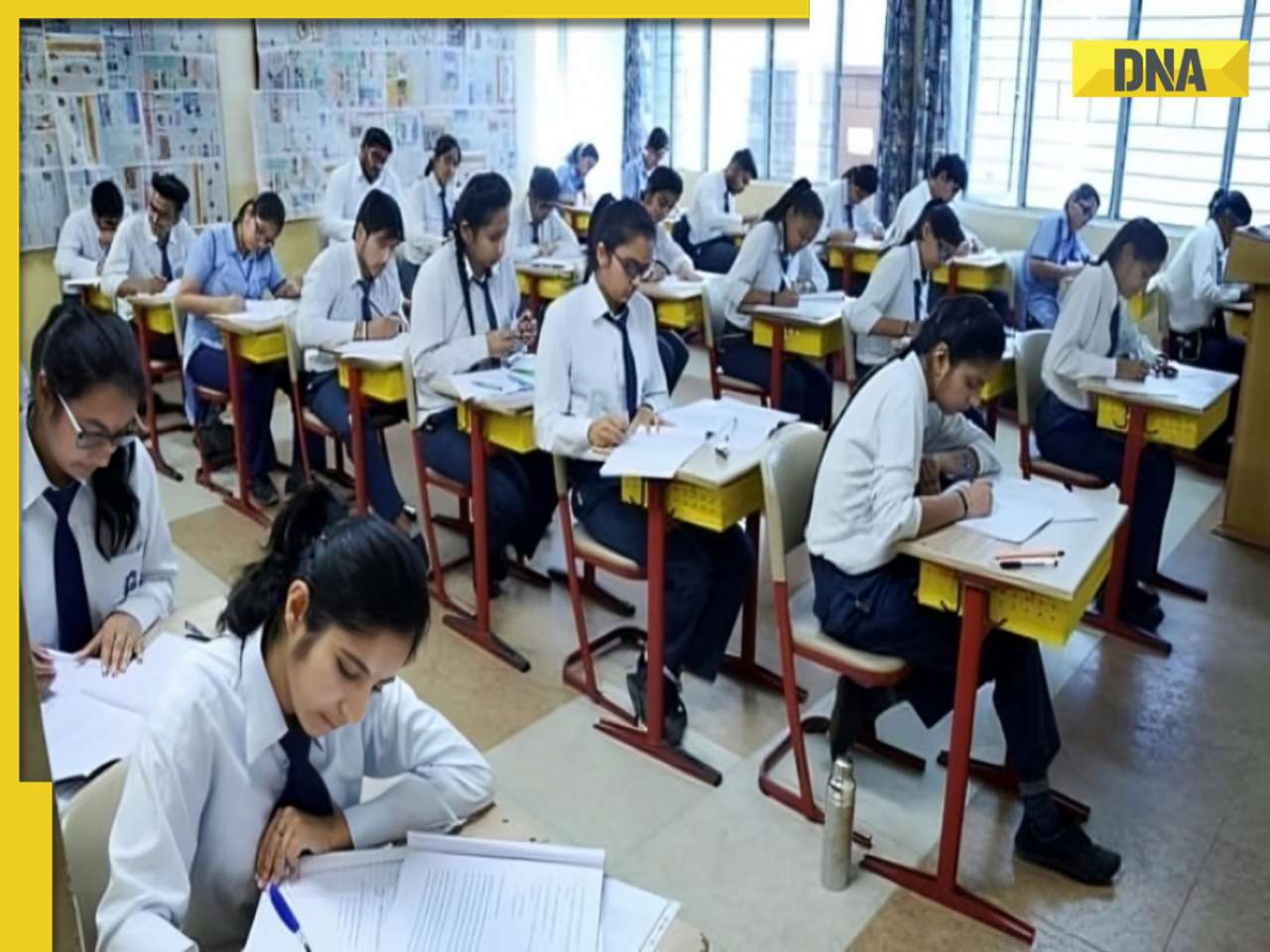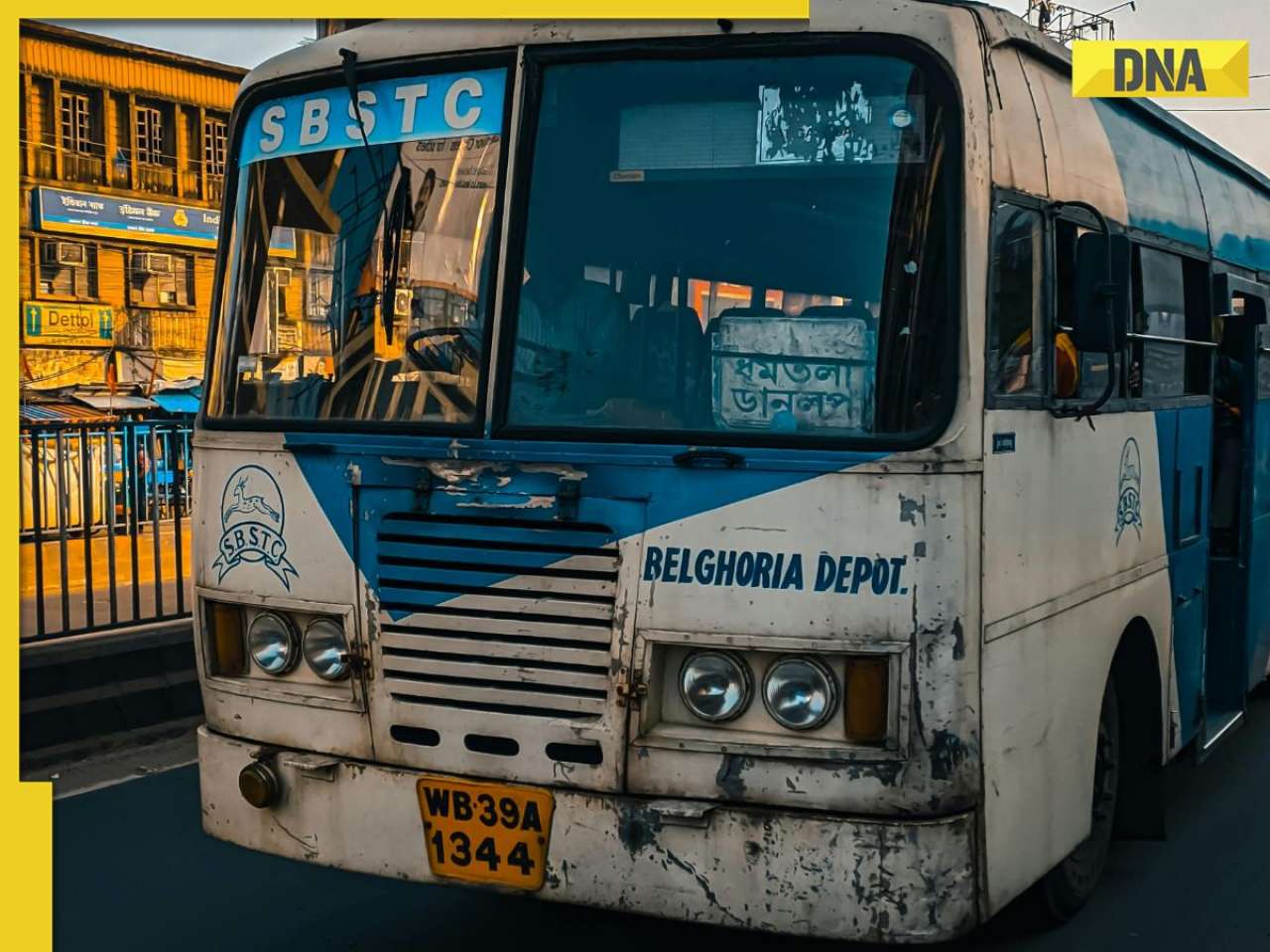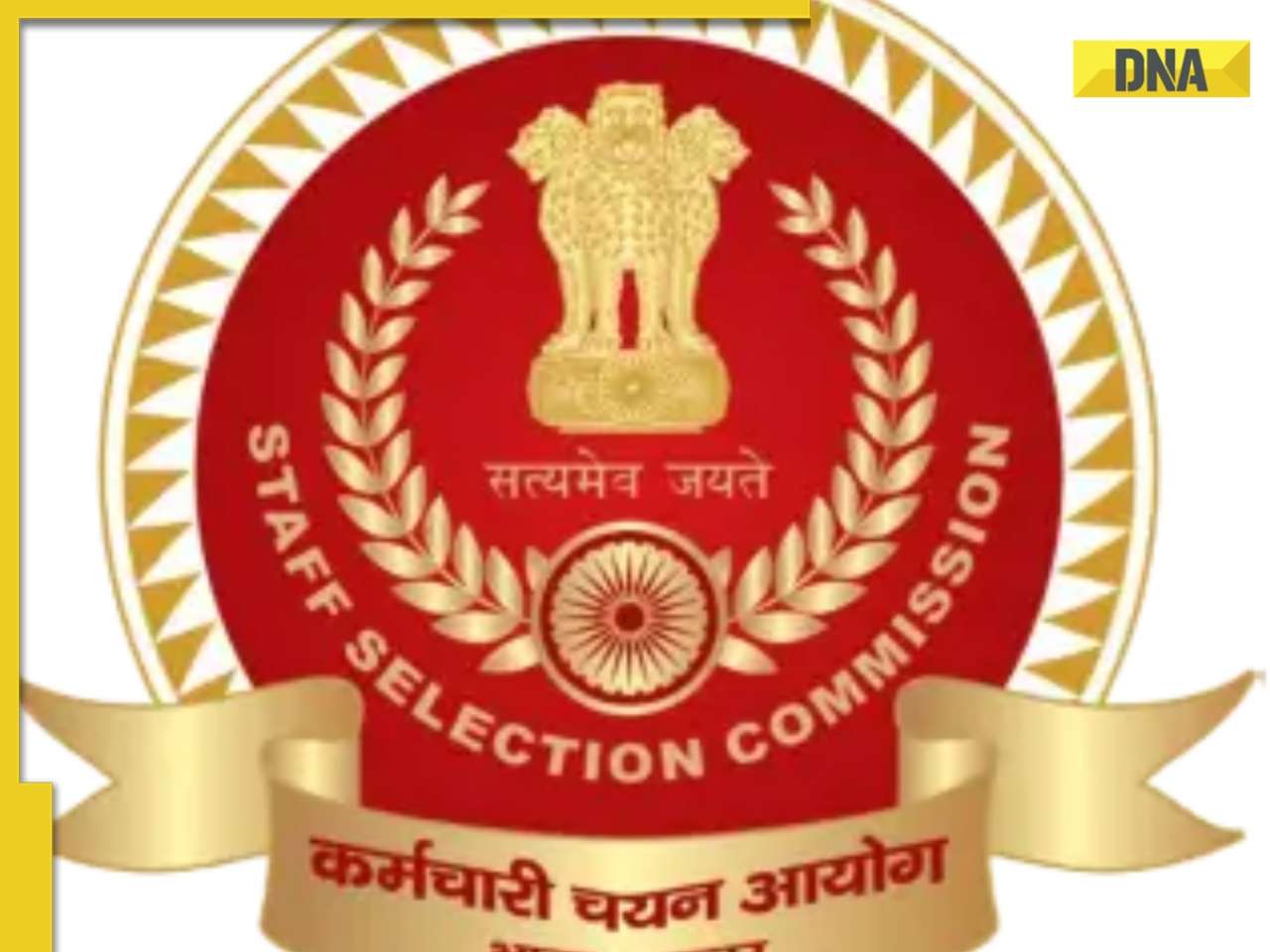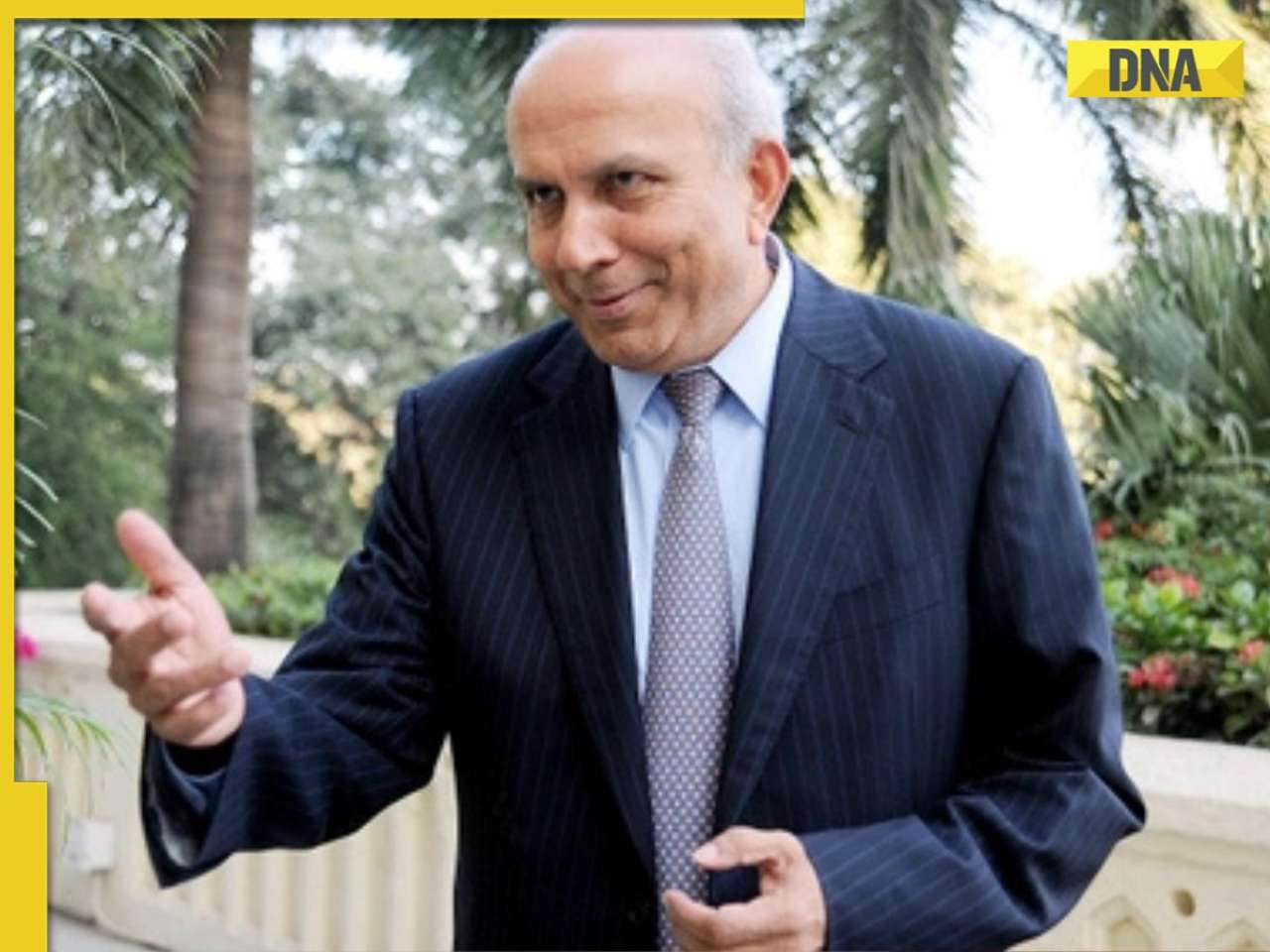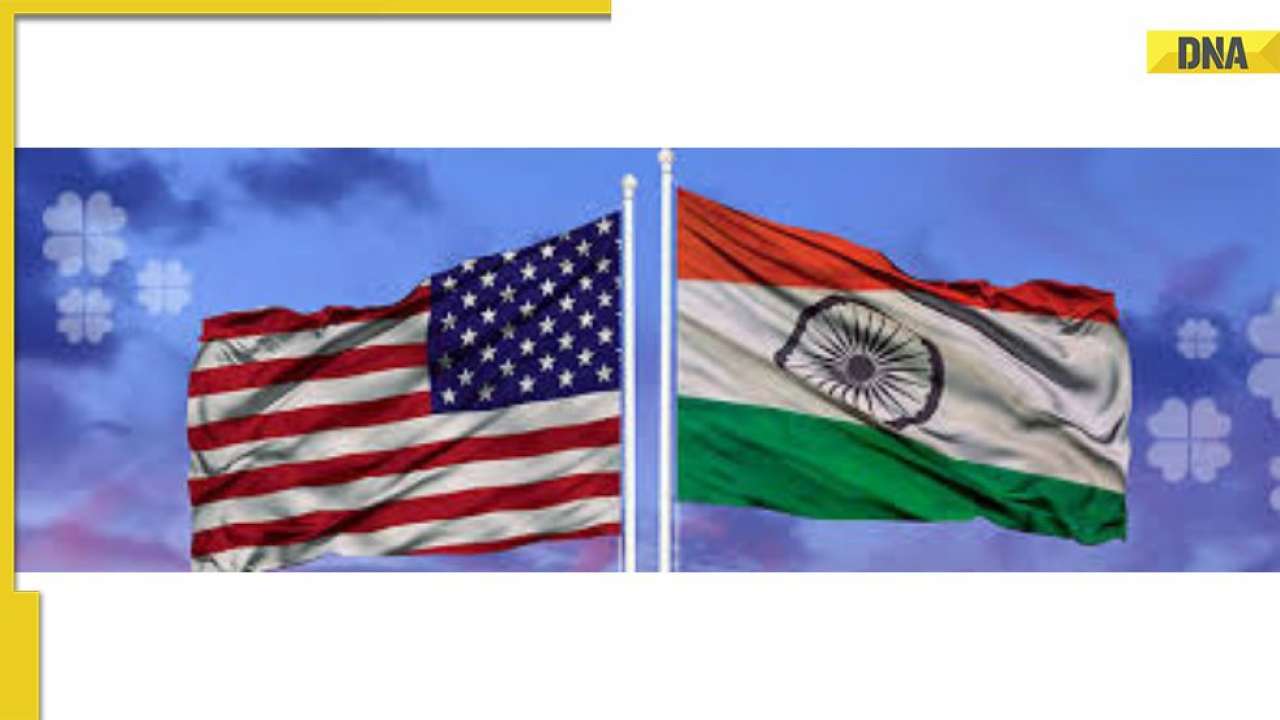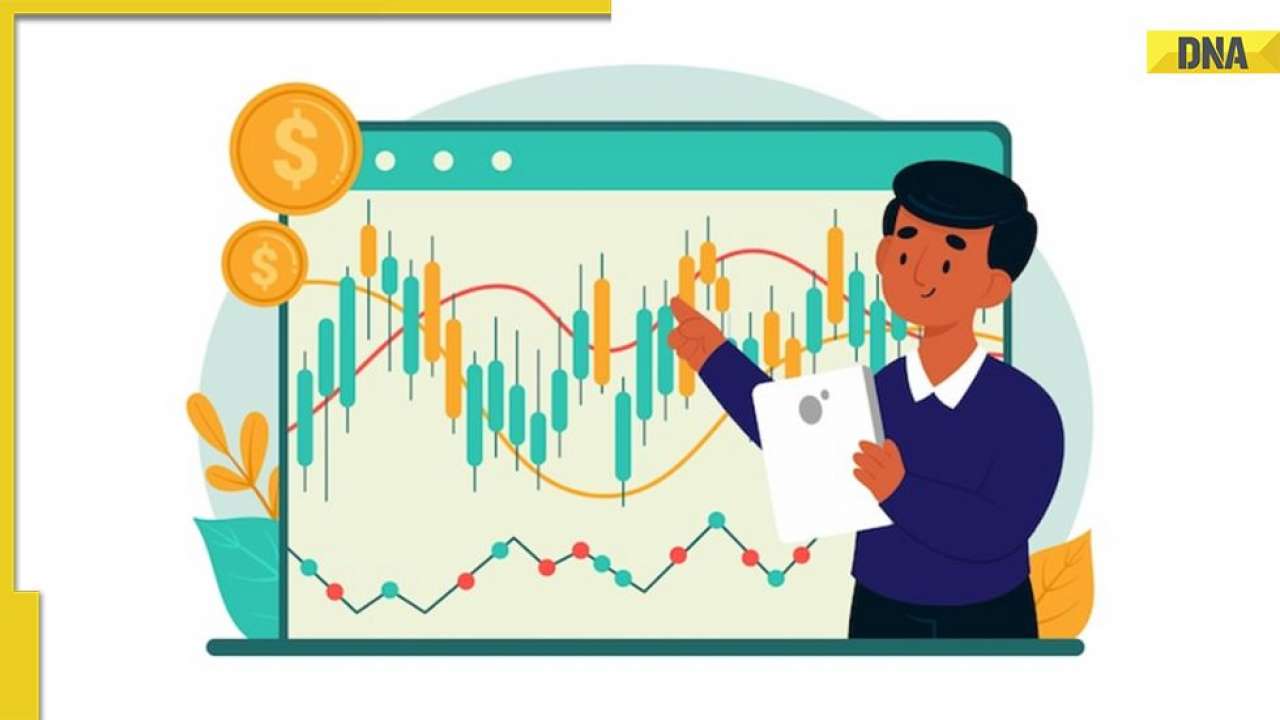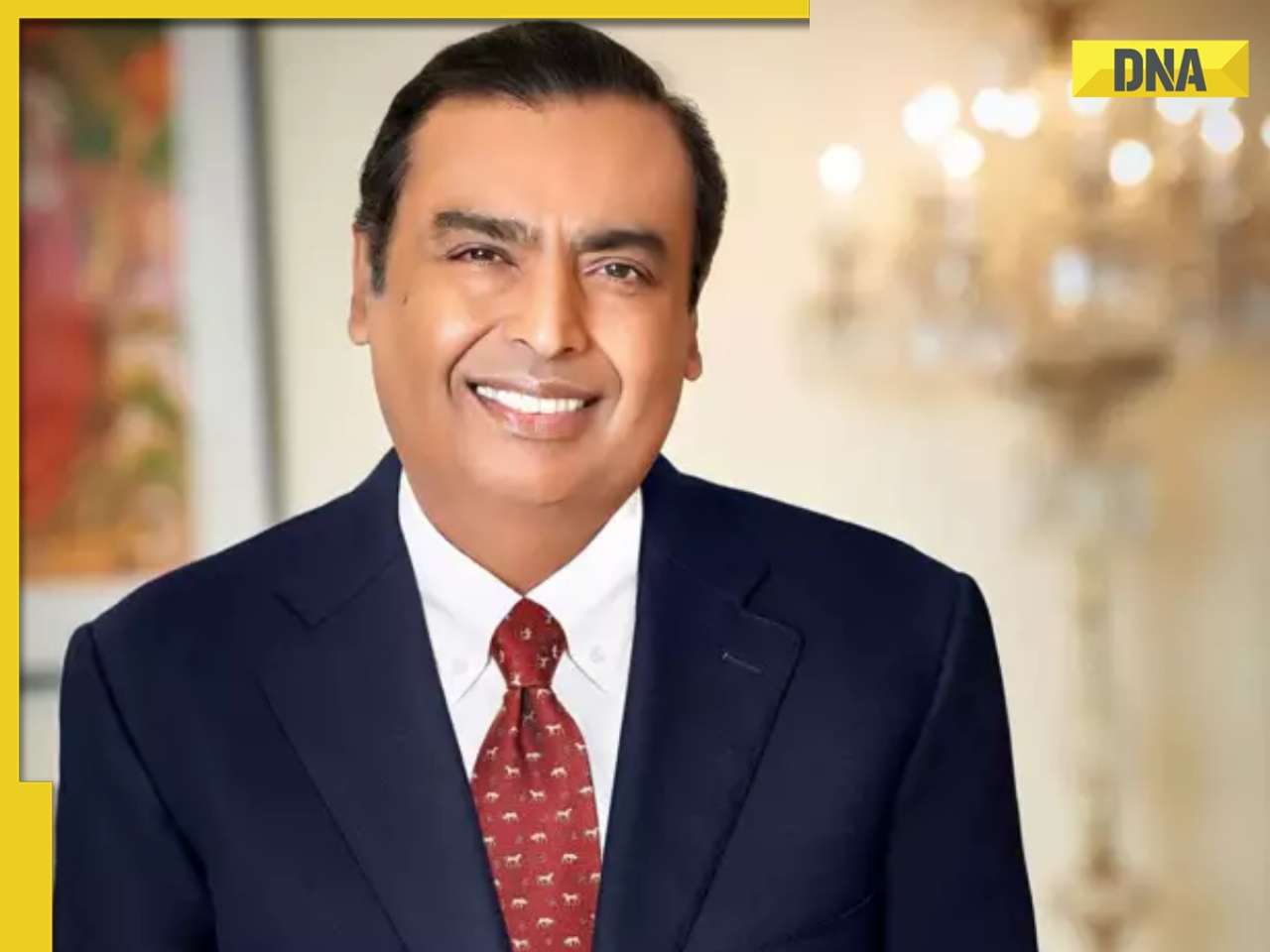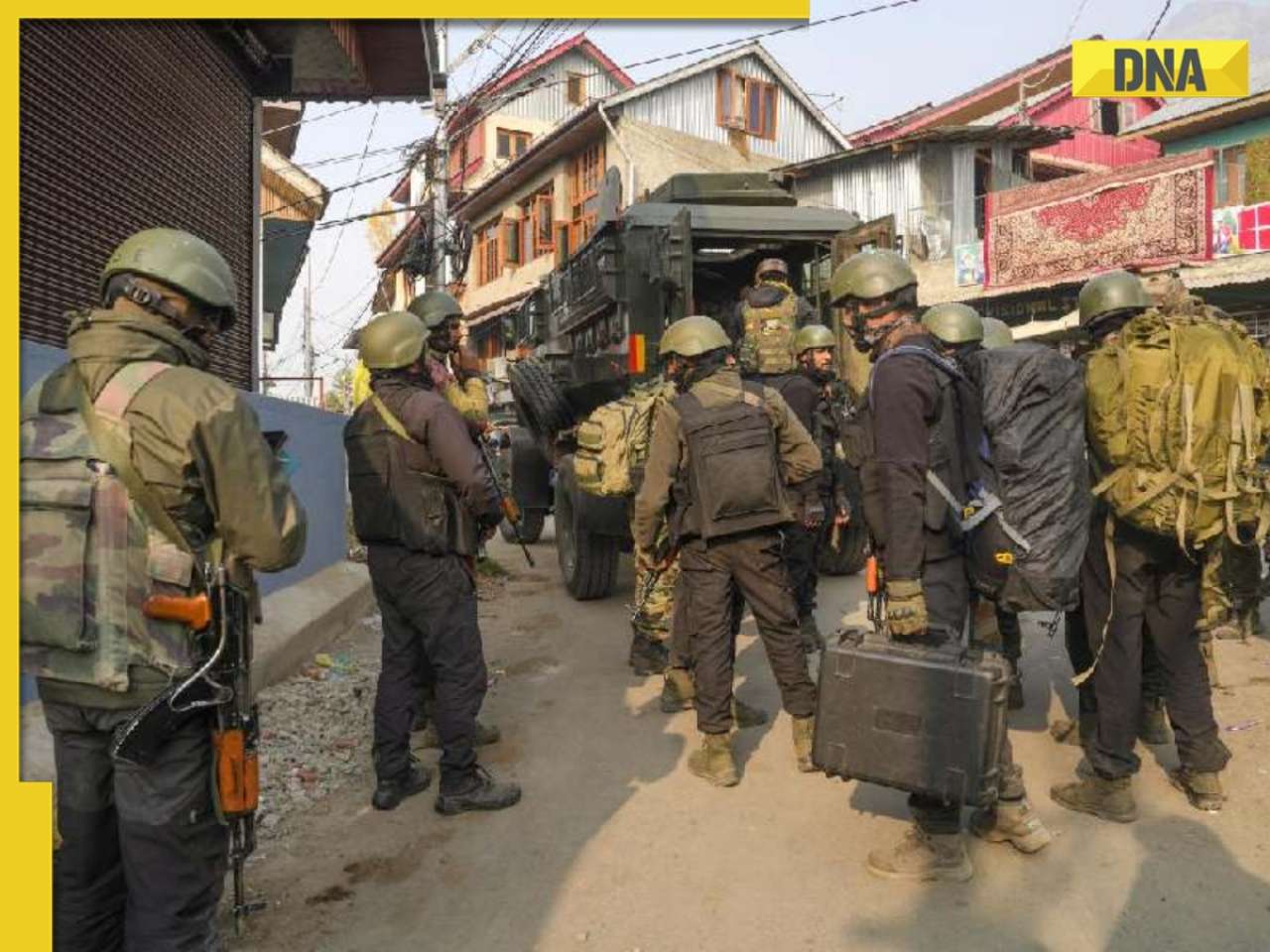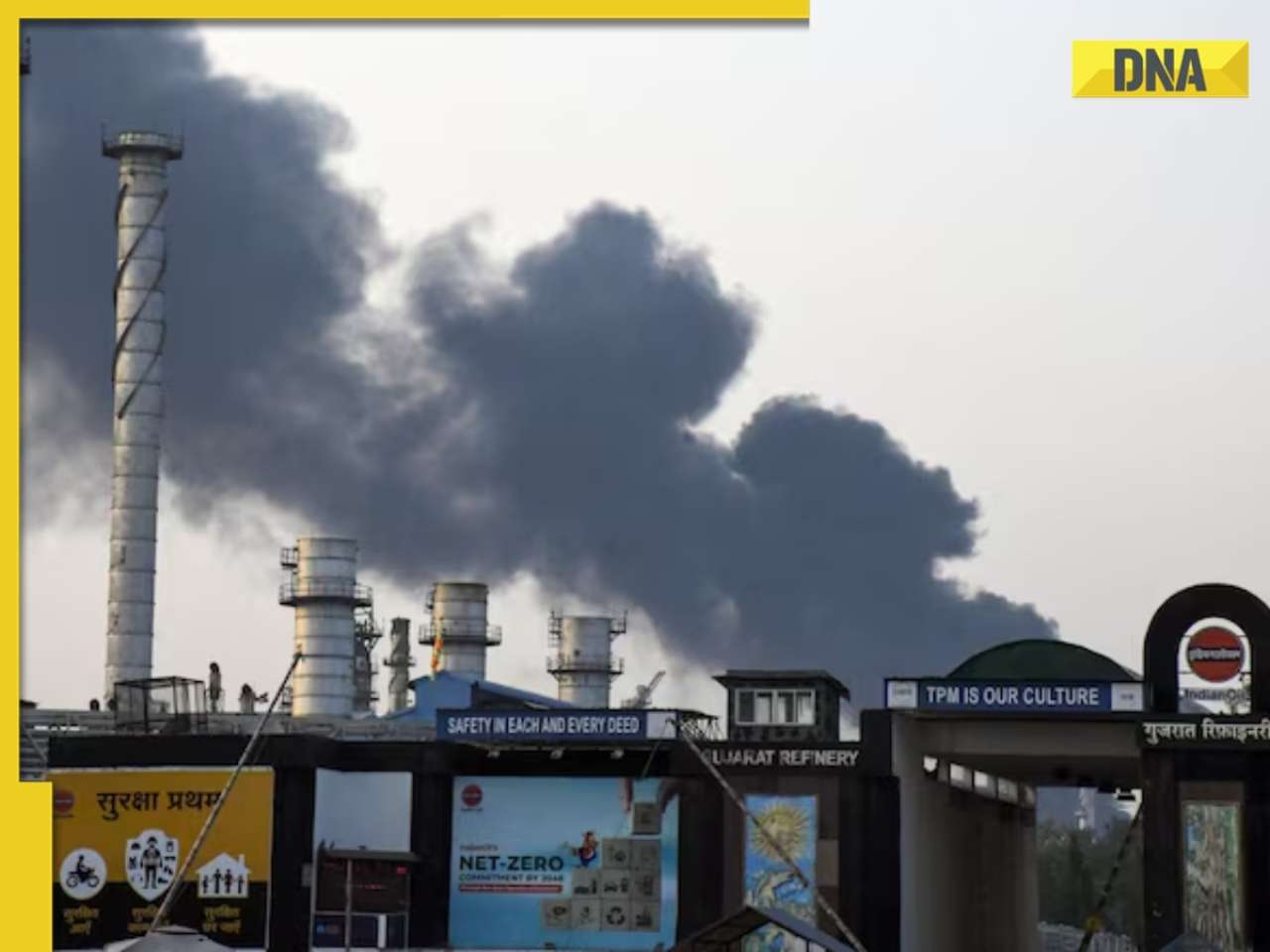- LATEST
- WEBSTORY
- TRENDING
INDIA
A Decade of RTI: How implementation of the law has weakened people's political power
Equating RTI with accountability of authority and social hope are farfetched claims.
TRENDING NOW
Peoples' movements in India have sufficient experience to assess the political significance of social legislations. They have a long history of demanding the governments to recognise the new rights through legislations.
The experience in India is that the governments many a times over-legislate to suppress the political energies of the people. The moment the governments legislate on any particular aspiration, the healthy democratic debate that influenced it disappears. But the legislations have to go a long way before they become a part of governing culture and address the social concerns without forcing people to spend enormous energies. Until then, the social debate should continue to engage with the process of implementation of rights.
It has been ten years since the RTI Act came into existence. It is perceived today that users of RTI are trying to hold power to account and it has empowered the citizens. It is also seen that individuals have become users and activists.
No doubt it is one of the progressive legislations that brought out to public some of the most uncomfortable facts of the rulers. Yet, equating RTI with accountability of authority and social hope are farfetched claims. Even those who fought for RTI, after coming to power, are not willing to pro-actively divulge to people even as much information as restricted by the law. This has to force us to think about the nature of power and capacity of legislations in democratization of authority. All those who hail the legislation, dismiss the flaws in its implementation as lack of accountability culture among the public servants. But the legal process which provided the law of chasing minions for information has a serious political purpose.
Ten years ago, if a group of people felt that there was a problem with the way decisions were made, say for instance about ration cards, by officials, they would collectively meet them, raise questions, argue, demand, stage a protest, express anger and shout slogans. They would remind the officers of their public accountability. This politically loaded activism in practice creates tension among indifferent officers. These activities released tremendous political energy from people as a collective. This constantly kept the idea of participatory democracy alive. Even if the officers refrained from providing information, the escape was not easy. A barrage of excuses and explanations had to be provided before the officers could wriggle themselves out. This process invariably upheld the political sense of people over the legality of the bureaucracy.
But under the RTI, today people have become users as if they were the consumers of the services provided by the State. Also, today most radical activities begin and end with applications filed under the Act by individuals. The practice of social activists as a group going to corridors of power and demanding accountability has come to a halt. Not that they were successful in getting information. Now officers take their own sweet time to refuse the information. You are forced to go for appeal after appeal until you turn blue in your face. To face this situation, now virtual groups of RTI activists are were formed. Thus the arena of battle has been shifted to protecting the RTI Act, itself.
While RTI petitions proxy protested on our behalf, we have not realized what we have lost to it. Laws, especially like RTI, effectively tamed the political energy of the people and has reduced the social groups into individuals and activists into petitioners. This is what legal process reduced the political energies of the collectives into. The regimes told us how obediently we should seek information within the exceptions and the restrictions imposed by them. The political worth of the information for people lies not in what government wants to happily give us but in what it refuses to give. While it has given us very little, the State has taken away a lot by making us apolitical. This happens when we don't realize the political meanings of laws and their procedures. If we trade-off our collective political energies to laws like RTI, then that is the worst damage that RTI Act has inflicted on the politics of mass movements.
On the other hand, we need to understand the exact impact of RTI on the power structures. The users of RTI, no doubt are able to bring out information in public that are at best irritating to the authorities. Do we want to really believe that naming and shaming of authorities has really created fear among the powerful and has the potential to democratize them? These claims underestimate the way in which power is organized, protected and perpetuated. The claims also presume that naming and shaming is equivalent to holding the powerful accountable. On the contrary, in the corridors of power, those who are exposed are considered as heroes with the capacity to take strong decisions without accountability. The Act as well as its implementation clearly excludes the information that exposes the nature of power they exercise. The results of exercising the authority are only provided as information but not the details of persons, processes and criteria in arriving at decisions. The way power is exercised is sufficiently protected from legal accountability. This is the primary reason why, despite so many exposures, hardly any authority is held legally accountable. Holding them to account with legal consequences is a huge and complicated process by itself. This is the experience of all those who attempted to hold arbitrary decision makers to legally accountable. There is no evidence to suggest that the RTI activism has fundamentally altered the pattern in which power is exercised. Of course, the powerful tend to become subtler in exercising their authority. However, where vicarious liability is hardly accepted, making actual decision makers accountable is much more difficult.
But going by the increasing support for authoritarian figures and regimes in the popular political culture, the craving for power without accountability seems to be the natural instinct across the political spectrum. In fact, the enigma of authority flows from mystery of decision making but not from its accountability. It is not with sheer brutal force that the authority is exercised. If there is so much of aversion to unaccountable authority in popular imagination, how would most undemocratic leaders and nations emerge as powerful? The powerful always think that accountable authority is no authority at all and its predictability is considered as the prattle of the weak. This understanding has a huge constituency in public culture. Does the RTI Act have the potential to crack all these riddles of power? What happened to the potential of constitutionally valid fundamental rights to transform the hierarchical social fabric? One should have hopes about positive changes in society but not the illusions.
The author teaches at Tata Institute of Social Sciences
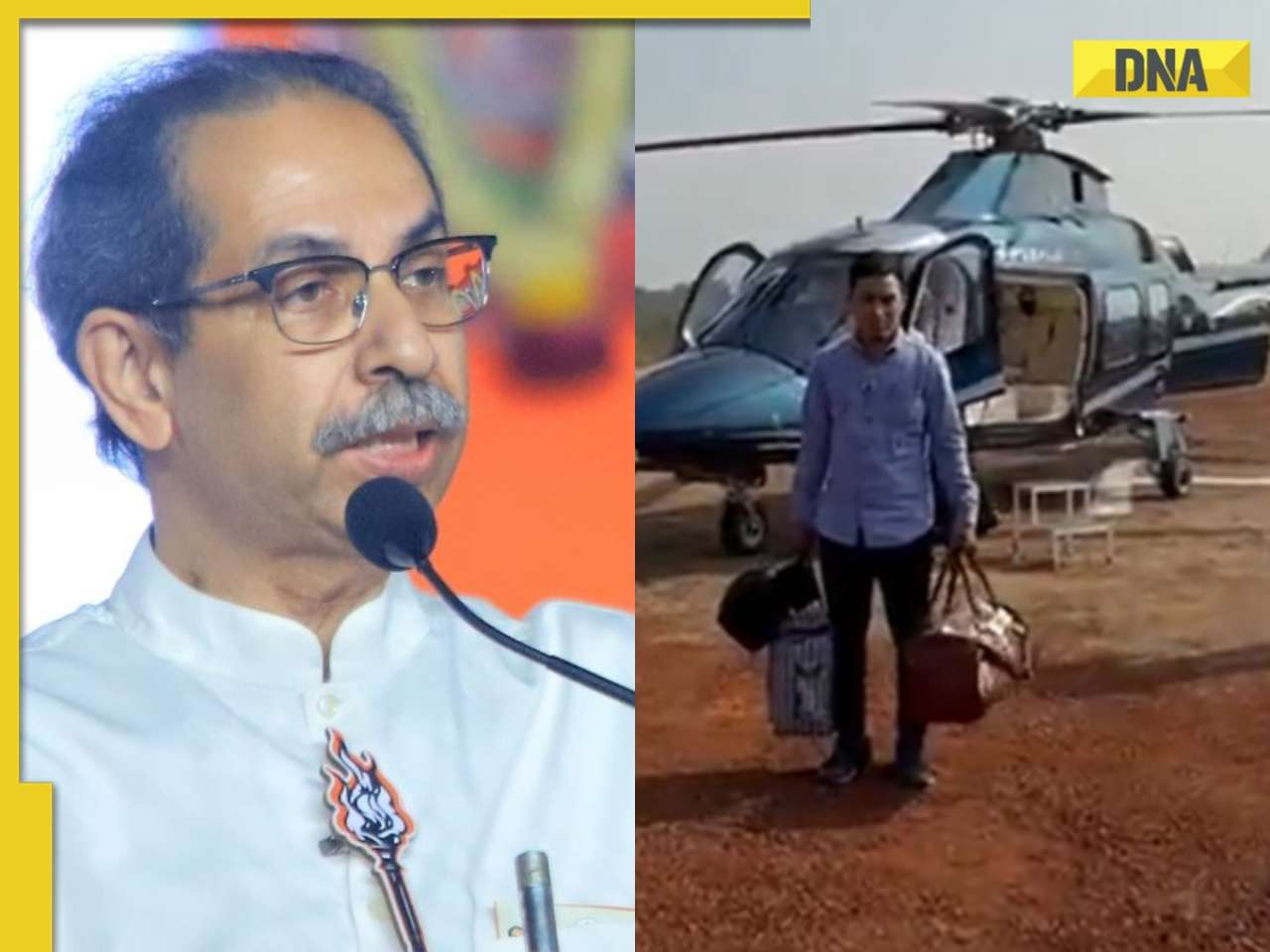



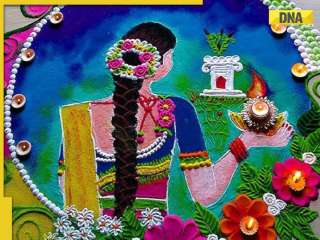


)
)
)
)
)
)
)
)
)
)
)
)
)
)
)
)








